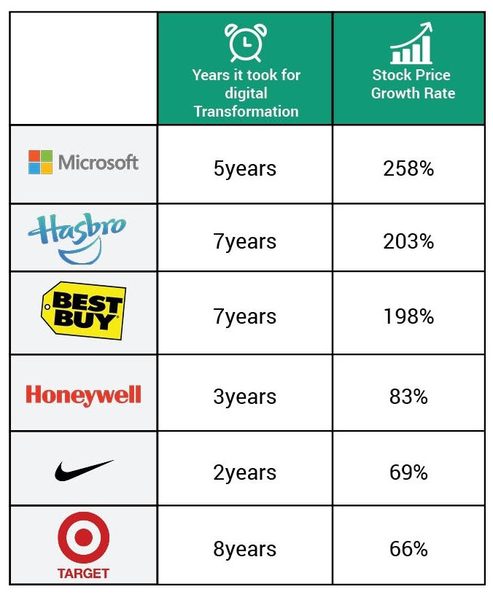“In today’s era of volatility, there is no other way but to re-invent. The only sustainable advantage you can have over others is agility; that’s it. Because nothing else is sustainable, everything else you create somebody else will replicate.” — Jeff Bezos, Founder, Amazon
The ability to create a remote work culture and Flexi-work arrangements, handle employee relations and daily business demands with the required agility and efficiency across geographic locations now place a heavy responsibility on HR Leaders in a post COVID world than ever before.
To adequately address these seemingly tough challenges, HR leaders seek to free people from time-consuming manual processes to a fully automated system of operation, where people can give the appropriate focus to the most critical parts of work required for business success.
Before the digitisation of work, communication was unstructured, collaboration lacked organisation, and manual processes were fraught with rigidity and a lack of clarity, leading to organisational inefficiency. This led to inconsistency, which made performance hard to measure.
A Common Problem
It is common for HR professionals to manage processes outside of back-office applications, resulting in unstructured record-keeping systems. This process impacts data integrity and the ability to do real-time data analysis. HR leaders and organisational leaders need to focus on this as a priority to effectively measure results and appreciate the value delivered by Human Resources.
Essentially the digitisation of work is designed to orchestrate process automation and effectively improve the employee experience. Automation of specific processes has visibly clarified workflows, increased collaboration and ensures a more aligned experience for current employees and prospective talent going through the hiring process.
The process of employee onboarding varies from organisation to organisation and requires much coordination across the entire process; digitisation hence focuses on a holistic end to end process improving the employee experience.
From the perspective of HR teams, we must recognise that employees want to focus on the strategic aspects of work and not just the operational, mundane daily assignments.
HR needs to focus on improving employee experience, work culture and increasing morale; this creates value across the entire organisation.
How Digital Transformation Will Affect Human Resources
- Digitalisation in human resources will change everything about the nature of work, career progression, organisational structures, knowledge acquisition, employee expectations, and the required skill and competencies to successfully carry out daily tasks.
- In organisations, most employees, especially the millennials and Gen-Z, desire to have excellent organisational experiences.
- Employees also desire career progression and frequent promotions to be fully engaged in their work and their organisations.
- Culture is a crucial element of engagement and digital transformation; therefore, we need to translate our culture into a digital experience.
- We can do this by becoming intelligent and embracing modernisation and transparency while leveraging social media.
- We also need to improve consumer access to our digital platforms by enabling easy-to-use interface applications with the organisation with simplified, automated, faster, and dynamic tools.
- Most importantly, we need to realise that the digital world of work has come to stay; refusal to adapt and adopt signals the beginning of the end of such an organisation.
Looking back at the evolution of HR over the past five years, we realise that the emphasis on automation has created easily replicable, repeatable, and easier to implement systems. Digital transformation does not necessarily translate into process automation; digital transformation creates an all-in workforce approach beyond automation.
With improved business processes, agility, more extensive and effective use of Artificial Intelligence while adopting and leveraging on acquiring and upskilling a more diverse workforce.
Many employees believe it is imperative to work for a digitally transformed organisation. Human resources need to integrate digitisation into organisational culture, employee engagement and the technologies platforms employees use to accomplish their daily tasks. The digital workplace simplifies communication, breaking barriers and transforms the employee experience by strengthening productivity and creativity. In principle, the new digital experience is propelling transformation by integrating technology into day-to-day tasks.
Organisations that have digitally transformed their Human resource activities have experienced improved success and are more likely to report strong financial performance.
These seven major companies show that changes might not occur overnight but investing in digital transformation can make a large financial impact over time.
This transformation will enable them to invest in diversity at all levels within the organisation and have more strategic sessions for succession. HR must now embrace the digital revolution, lead HR transformations, and engage employees to reap the benefits.
At pcl., we have navigated excellently in Digital and HR transformation.
We have leveraged our vast experiences over the past 28 years, developing and innovating with the relevant new-normal by proffering solutions to help organisations achieve workforce success help you achieve the same. Please chat with us today through people@phillipsconsulting.net
Written by:

Mayowa Oloyede
Senior Consultant

